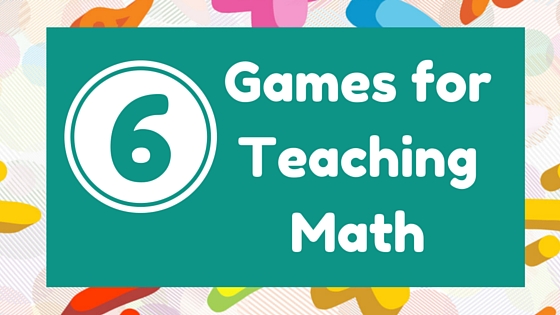A lot of homeschool parents will admit math was not their favorite subject in high school. Even if it wasn’t the best part of your day in school, you have to admit, now that you’re all grown up, you see how important it is and how it plays a role in your every day life – and not just because you have to teach it to your kids. Making math meaningful for teens might seem like an impossible dream but I promise it’s easier than you think.
According to the Bureau of Labor Statistics, employment in occupations related to STEM—science, technology, engineering, and mathematics—is projected to grow to more than 9 million between 2012 and 2022. That’s an increase of about 1 million jobs over 2012 employment levels! Clearly it’s easy to see that today’s middle and high school students will need a strong math background to be competitive in the job market tomorrow.
Spending time with teens to make math relevant to them now can help them build strong math competencies to achieve success later. So how can parents engage their teens in math-focused activities that both can enjoy?
Making Math Meaningful for Teens: Practical Homeschool Advice
Here are tips to help you capture your teen’s interest and make math meaningful in many ways, through encouragement, entertainment and empowerment.
Making Math Meaningful for Teens: Make It Real
This first tip isn’t difficult to do. It’s really a matter of identifying learning opportunities every day. Leading by example is the most powerful thing you can do. Showing how math is used everyday can help teens understand its importance to their every day lives outside of school work. Are you cooking dinner tonight? Have your teen measure out the ingredients and ask questions on measurements if a recipe was doubled. Need to pay the bills? Have them do the math to calculate balances and budgets. Ready to purchase your teen’s first car? Sit down with him or her to figure out financing, insurance rates, monthly gas expenses and maintenance costs.
Making Math Meaningful for Teens: Turn On The Television
Woa! Did I just tell you to watch television? Yes, yes I did. Use examples from TV and movies to show how math can be entertaining and exciting. One program that mixes entertainment with education is the CBS hit series “NUMB3RS,” in which FBI agent Don Eppes recruits his mathematical genius brother Charlie to help the Bureau solve a wide range of challenging crimes in Los Angeles. Order a pizza and binge the show on Amazon (bonus: it’s available free for Amazon Prime members!) and talk about how match helped solved the crimes. If you want to take it to another level, you can access completely free lesson plans correlating with each episode, developed by Cornell University.
You don’t need programming with such an obvious connection. You can find math in a variety of television shows. For example, you can watch World of Dance (my current obsession) to practice figuring averages, since that’s how the final score for the dancers are calculated. Again, it’s just a matter of finding the opportunities.
Making Math Meaningful for Teens: Take A Trip
You probably already schedule field trips for science, history and art, so why not be on the look out for math opportunities as well? Many popular tourist attractions also help stimulate young minds. When traveling on a family vacation or simply exploring the sights in your own town, visit math and science exhibits in museums, learning centers, colleges or zoos to show how math relates to teens’ interests and hobbies.
You can ask your teen to create the day’s agenda, calculate the shortest walking or driving routes to visit the attractions, or figure out currency exchange rates (if you’re lucky enough to be taking the trip to Europe you’ve been dreaming about!).
Making Math Meaningful for Teens: Test The “Truth”
Balancing a checkbook is one practical math application but you can also show your teen how math is used in analytical and critical thinking too. Showing teens how to challenge what they are told by analyzing facts and figures in the media and on the Internet will teach them to test statements and think beyond conventional wisdom. Go through the newspaper or online news sites and discuss articles or current issues of interest to your teen. Challenge them to re-create the statistics used to support each side of a debate, or to double-check the charts and graphs for accuracy. Just because something is in print or on the internet, doesn’t make it true.
Making Math Meaningful for Teens: Look to the Future
Nothing helps motivate teens more than getting what they want. During the middle and high school years, many teens are thinking about their future and their careers. As they are considering different professions and occupations, show them how math is used in each one. Even if your teen isn’t thinking about becoming an accountant, you’d be hard pressed to find any job that doesn’t involve some level of math.
Just like English and reading, math coursework builds on concepts learned in earlier grades. Teens should be advancing in math every year. While your school district might have specific graduation requirements, what is more helpful is looking ahead to entry requirements for the colleges your teen wants to attend. Some may require higher level math classes than your school district.
Helping teens plan their math education early on can make an impact on their educational and career opportunities later in life. The requirement for a strong math background is no longer just for engineers and scientists, and parents must plan ahead to ensure that their teens are prepared, no matter what career they choose.
When teens understand how what they are learning is valuable and practical, you’ll find that they will become a more active participant in the learning process – and that makes it so much easier on both of you!






